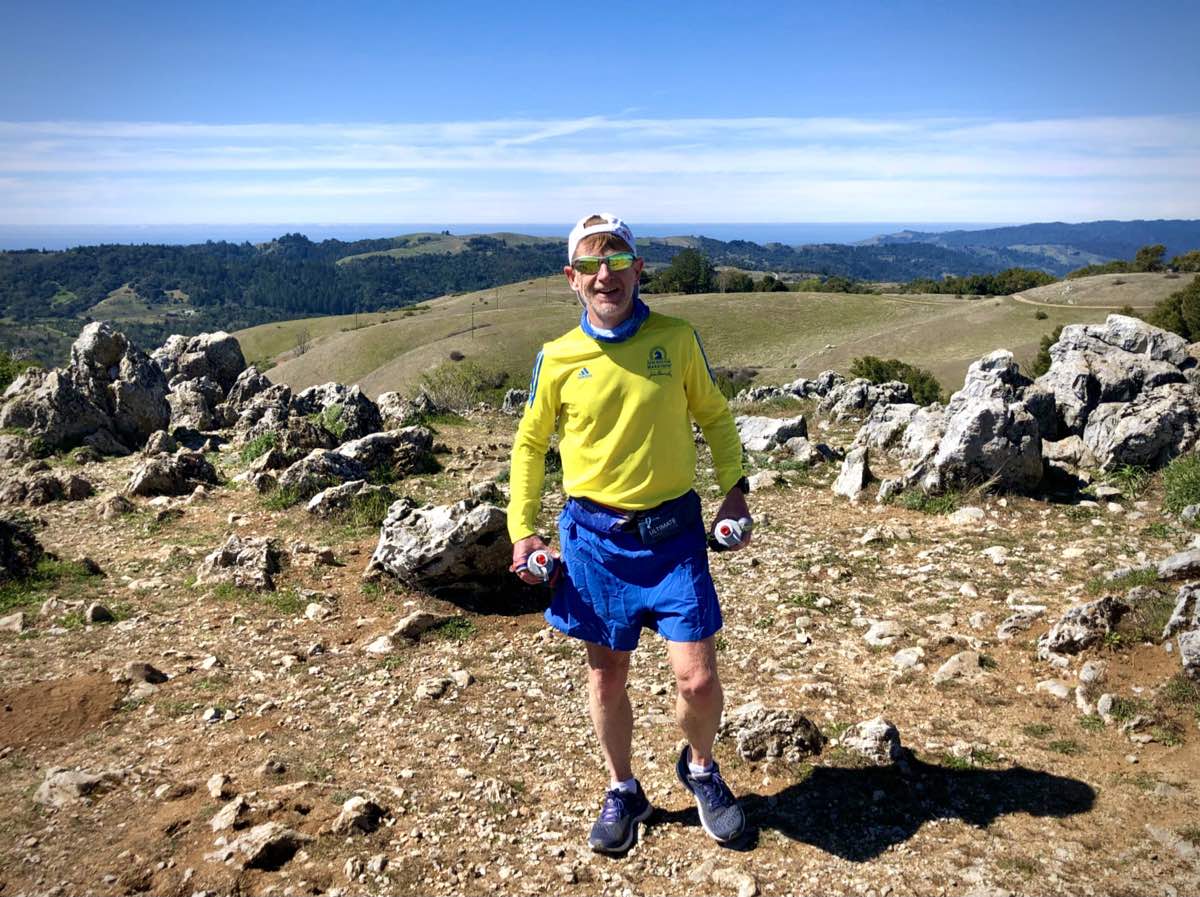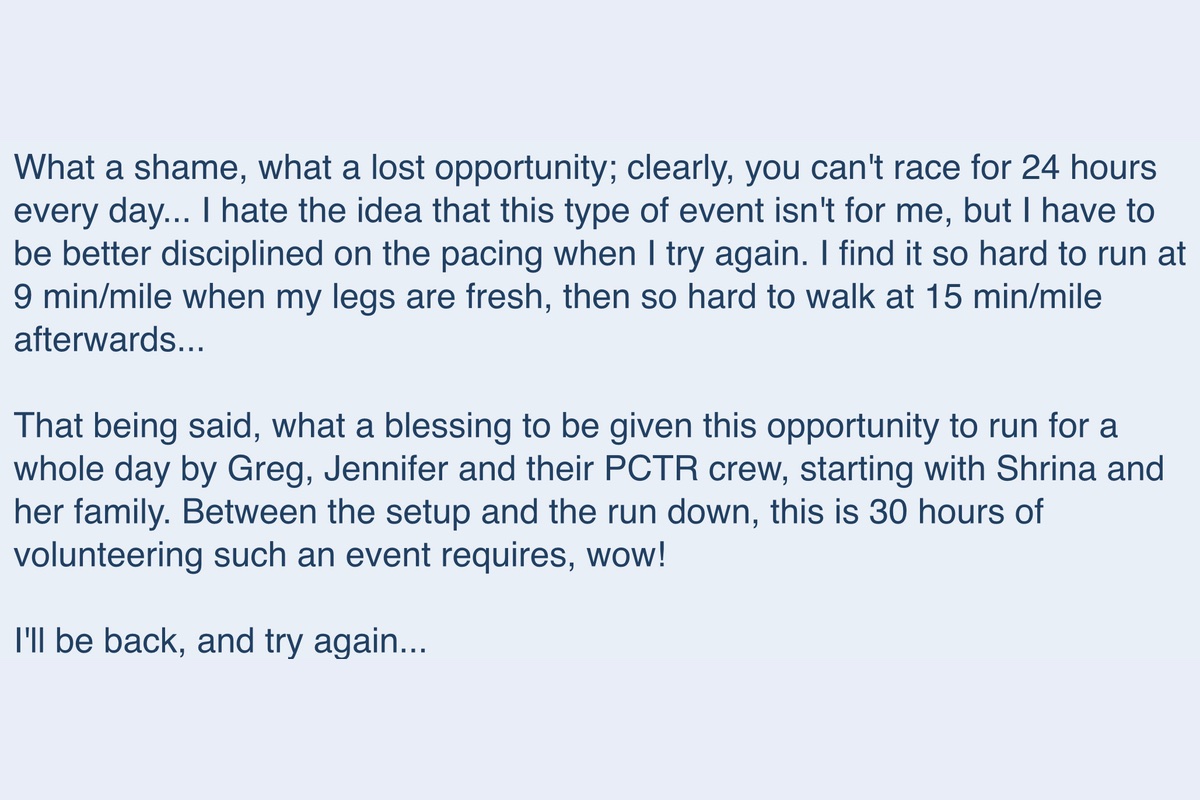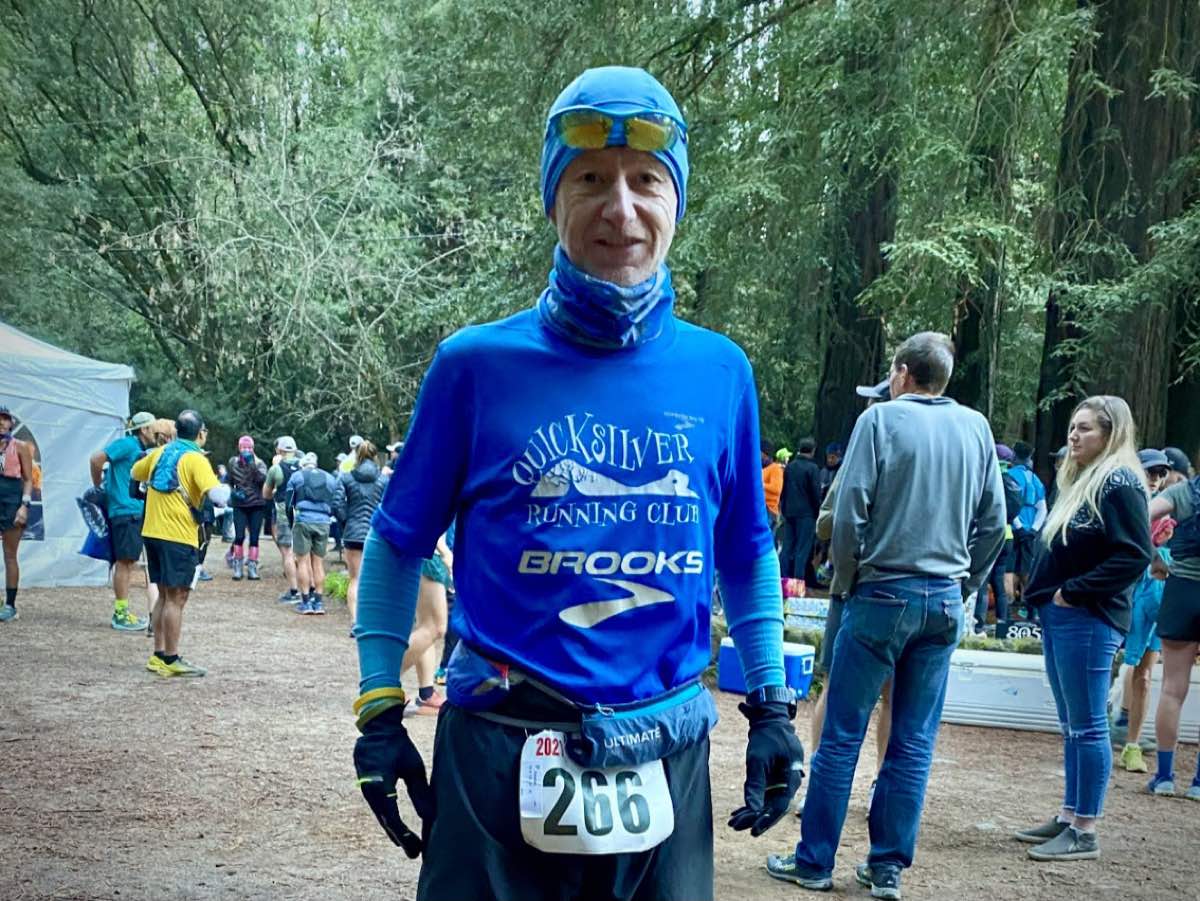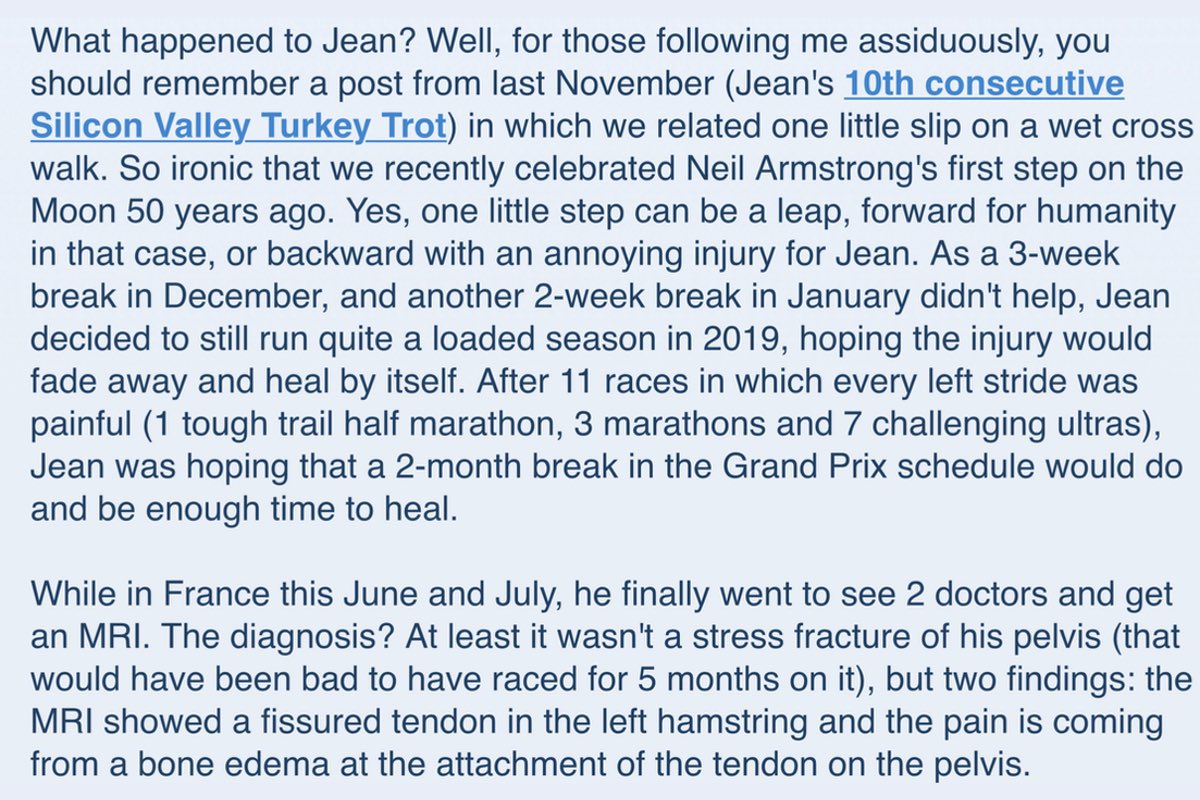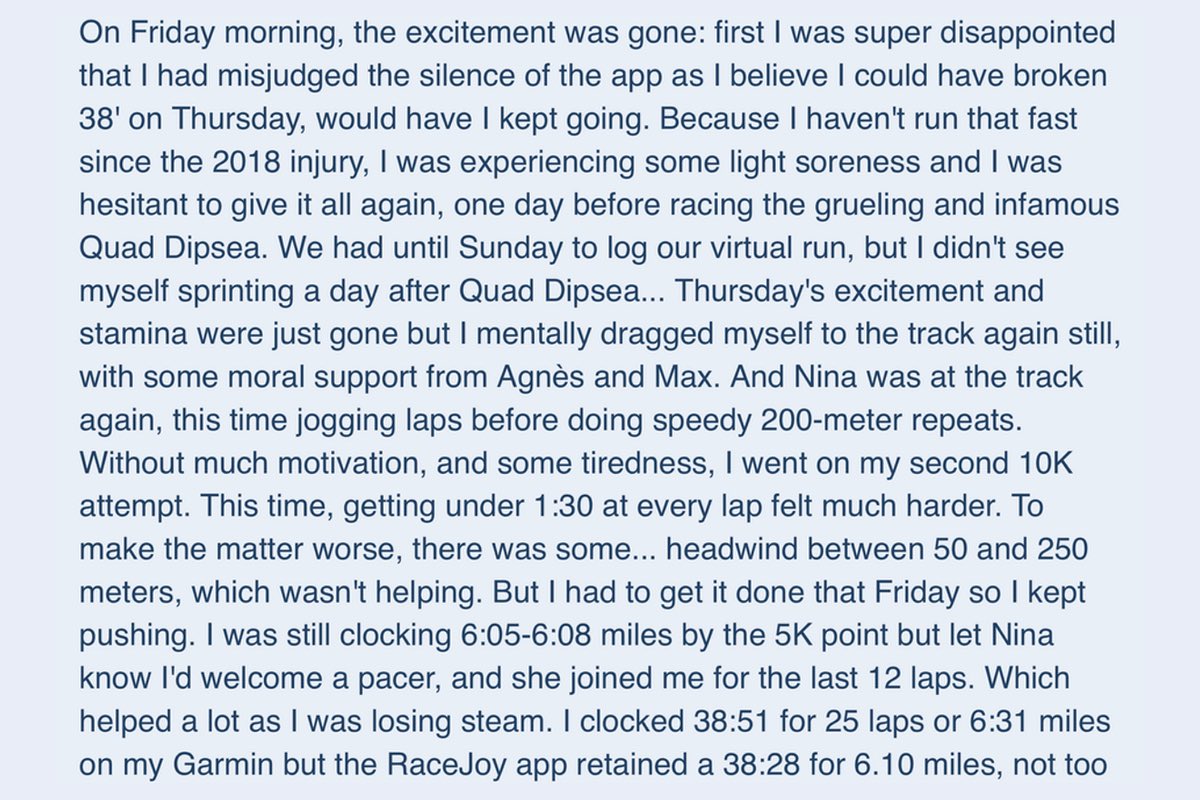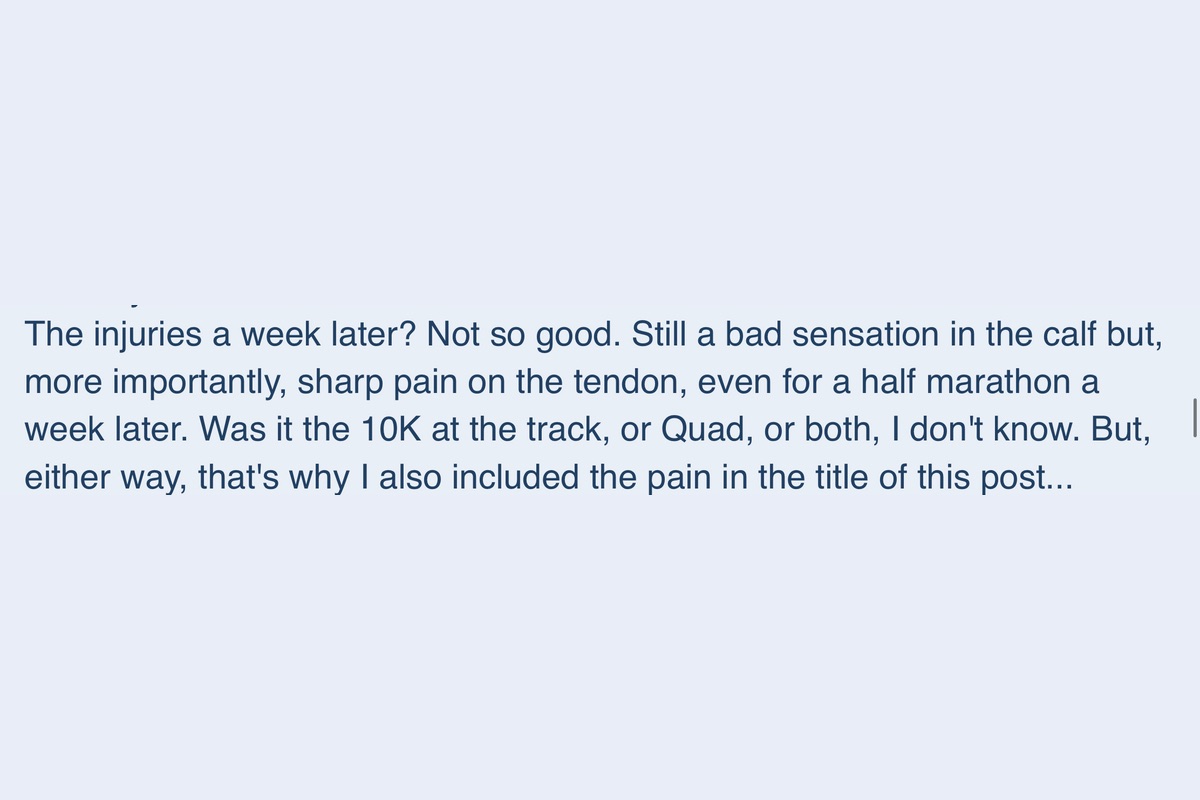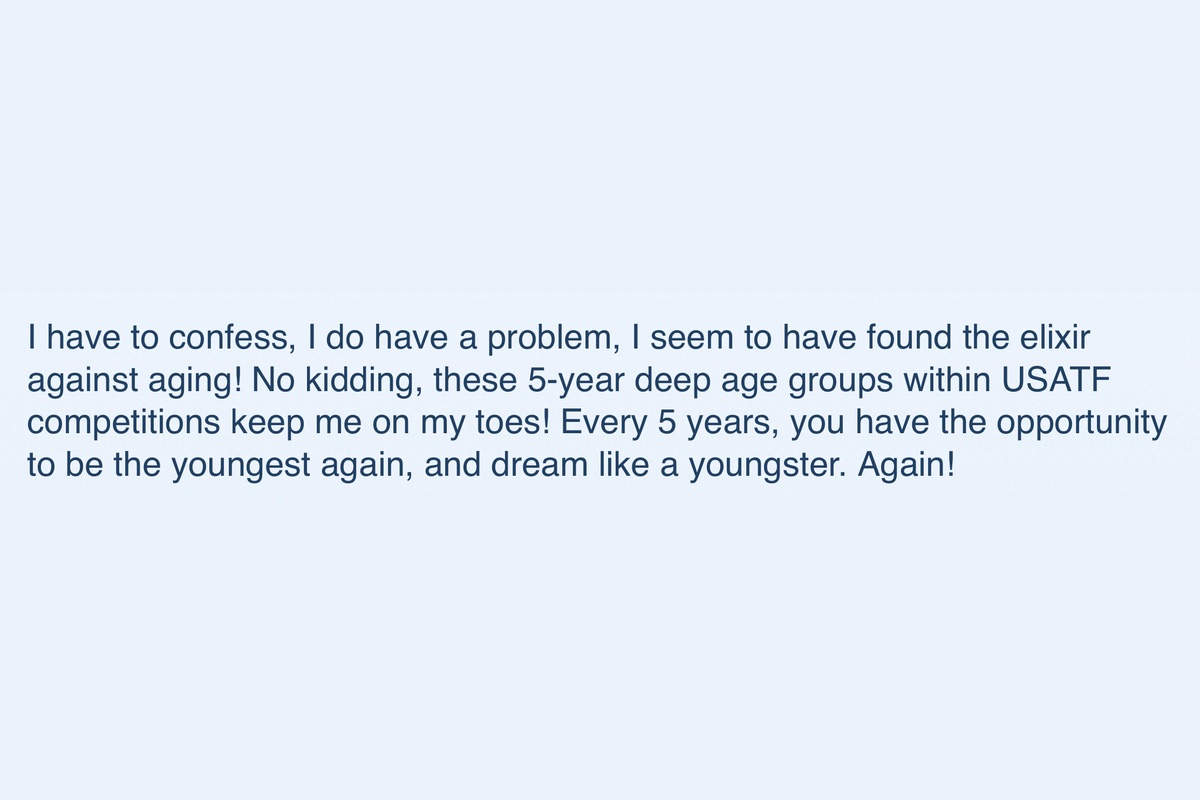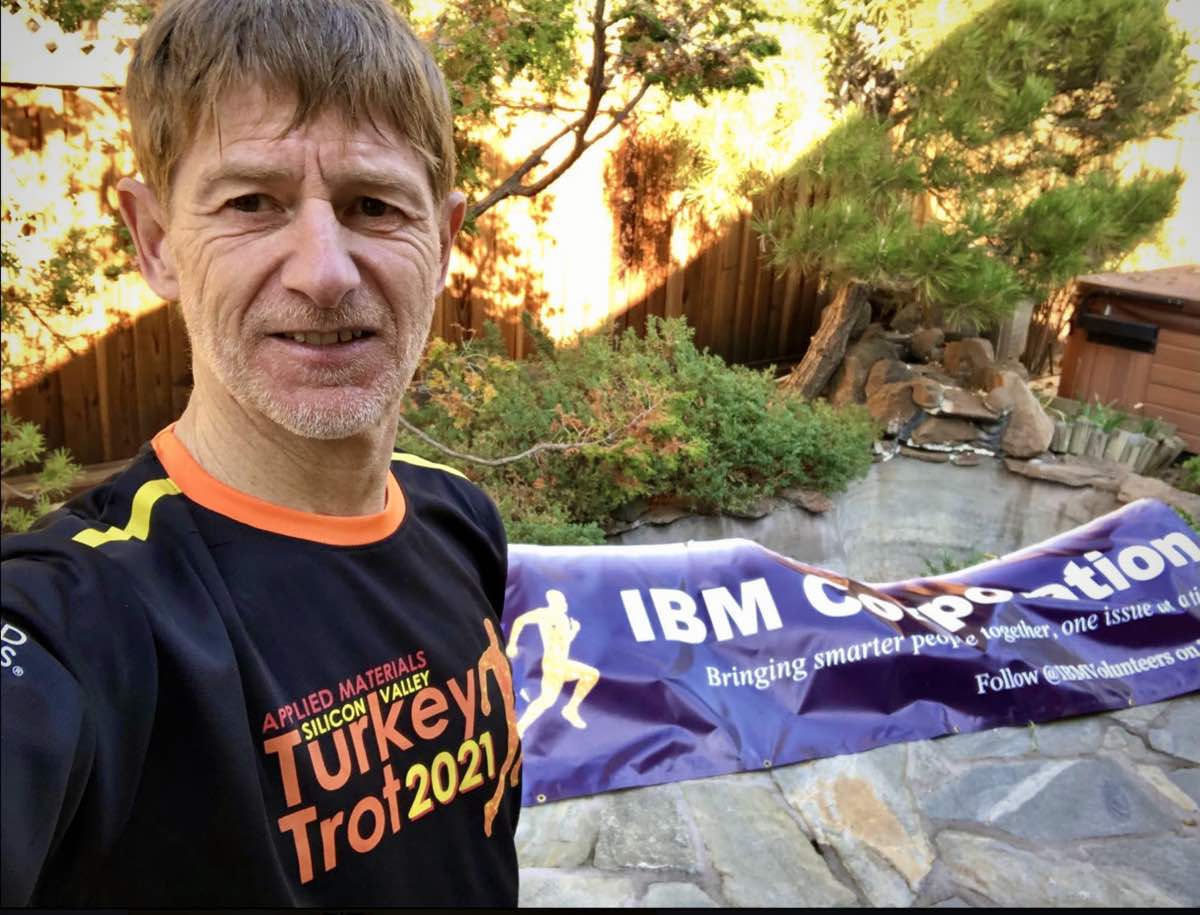I met Jean Pommier at the 2017 Tussey mOUnTaiNBACK 50 Mile. It was the USATF 50 Mile Road National Championships, and I’d spent the hour before I met him hitting my calves with my fist to try to get them to stop cramping. I had promised them I’d give up running if they’d just move me toward the finish line.
Jean had run 6:39:11, taken fourth overall, was the first men’s masters finisher, and took first in the men’s 50-to-54 age group. I sat with him, Scott Dunlap, and Connie Gardner at a picnic table close to the finish line, listening to their stories about races and adventuring. I’d been reading Scott’s “A Trail Runner’s Blog” since maybe 2007, and I remember being surprised to learn that Jean was also a prolific blogger. Jean was also a prolific racer and he managed to fit it all in while traveling constantly for work. I believe he was driving to the airport directly from the race to fly to Berlin, Germany.
If you are new to trail running, and you have not come across Jean’s blog, you are in for a real treat, especially if you want to research an upcoming race, see wonderful photos and videos, plan a running route through a foreign city, learn how to race, or simply want to celebrate ultrarunning.
Jean is now 58 years old and has run 176 ultras since he started in 2006.
He set the 50-to-54 age-group American record for 12 hours on the road in 2015 by running 136.794 kilometers (almost 85 miles). In 2016, at age 52, he set his 50k PR at the Caumsett 50k with a time of 3:18:05. After 10 years away from the Boston Marathon, he returned and bettered his last time by almost a minute, running 2:44:50 at age 53. Jean set his 100-mile PR at age 54 by running 14:47:43 at the 2019 Jackpot Ultra Running Festival.
He lives in the San Francisco Bay Area, is an active member of the Quicksilver Running Club, and is the Mountain Ultra and Trail Chair of the USATF Pacific Association. He’s been dealing with a stubborn hamstring injury since 2018.
[Editor’s Note: The following interview has been edited for brevity and clarity.]
iRunFar: How did you get into ultrarunning?
Jean Pommier: I ran a few Boston Marathons, and eventually, I found road marathons boring, so I joined a local club, the Stevens Creek Striders. They host the Last Chance Aid Station at the Western States 100. At one of the club meetings, someone asked who would like to help at Western States, and I said OK. That was for the captain position. That’s what really got me into ultra-trail running. And after three years as aid station captain, I did my first Western States in 2007. It was really a great break from the monotony of the road.
iRunFar: But you didn’t give up road running?
Pommier: I like to do everything. I still do 5ks and up to 24 hours. Not beyond 24 hours … yet. I did go back to the Boston Marathon. And I finally broke 1:15 for a half marathon at age 49 in 2013. I did my PR at age 52 at [a road] 50k.
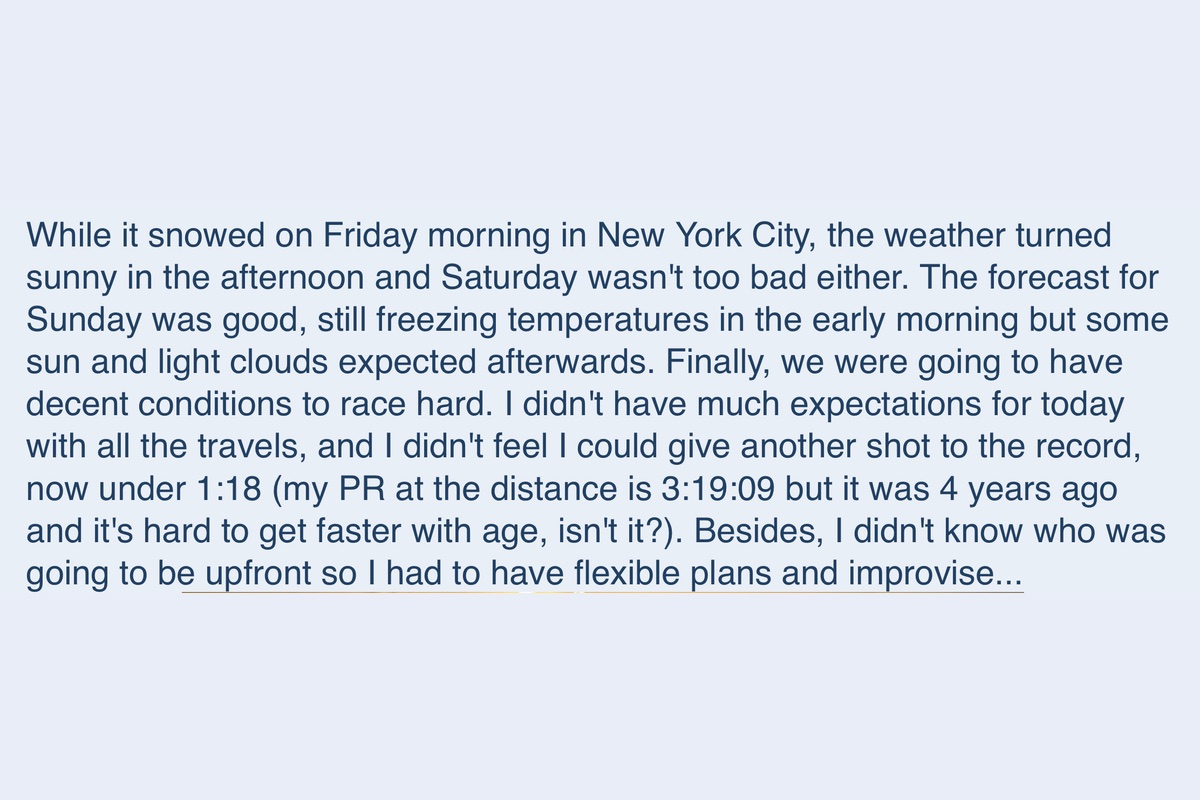
Image is a screenshot from Jean’s blog on March 6, 2016, after his Caumsett 50k PR of 3:18:05 at 52 years old.
iRunFar: Do you think you have faster half marathons or marathons in you?
Pommier: Probably not PRs. I did a lot of running on the track back then. I don’t feel like pushing as much. But on the longer side, yes. Definitely in 24 hours. My PR is 133 miles. I can do better than that.
iRunFar: You have run 176 ultras since you started in 2006. What do you love so much about racing?
Pommier: The clock … and trying to beat the younger guys. The other thing is, I’m supervising and managing [at work], so you don’t have as much personal gratification. That’s why I got into running. Another reason is that I used to travel like crazy for work. I’ve visited 64 countries. Every time I ran across a city, I blogged about it. It’s an amazing way to discover people.
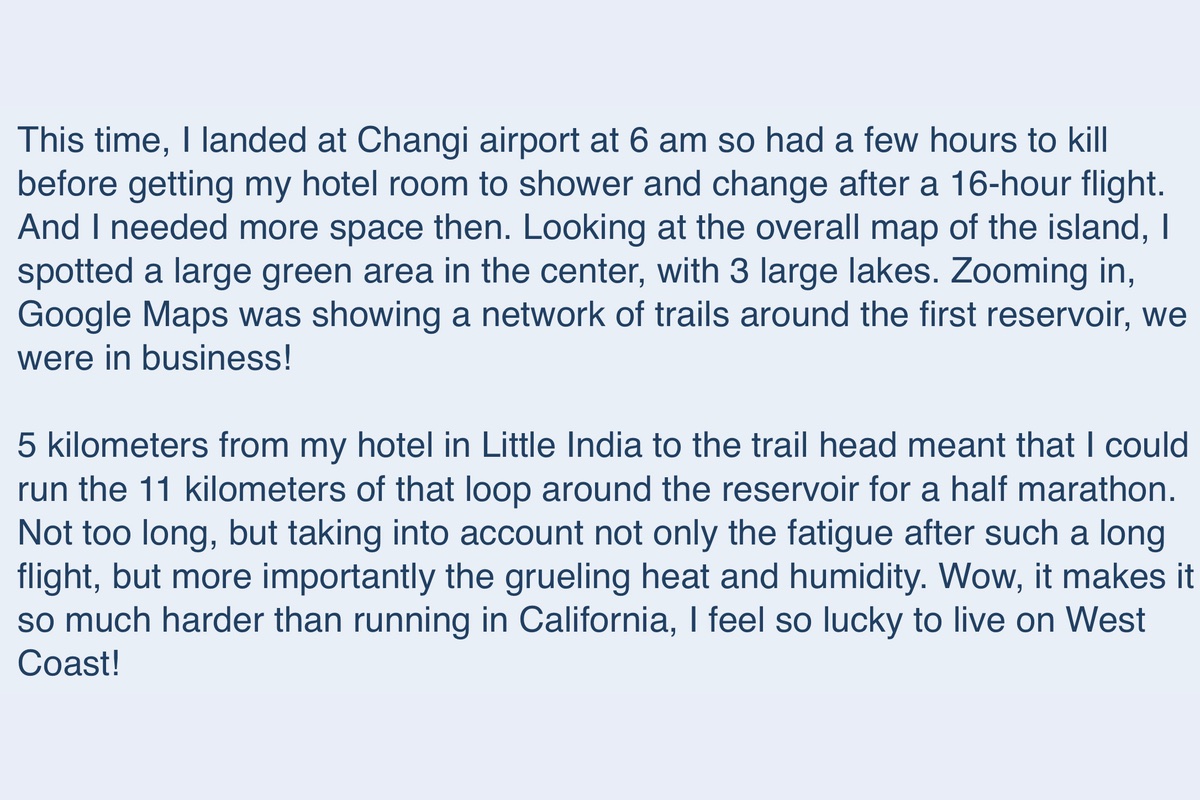
Image is a screenshot from Jean’s blog on October 14, 2018, in the post titled, “Running in Singapore.”
iRunFar: Has your overall weekly volume changed much over the years you’ve been running?
Pommier: In the golden years, I went 200 miles a week. But reading about Anton Krupicka, that was way too much, and I have a busy work [schedule] as well … I did 100k a week for eight years in a row [before my injury].
I averaged 3,100 miles a year. And then I got this injury, so maybe I should have dropped the volume just before the injury. Of course, I should have. But I was working like crazy to break the 100k age-group record.
iRunFar: How much volume are you running currently?
Pommier: The first year [after my injury], I just kept going. The year after, because it was not healing, I took seven months off. Last year, I built up to 55k per week. I’m at 65k a week since the beginning of this year.
iRunFar: But after you injured your hamstring, you still ran 14:47 at the Jackpot Ultra Running Festival and a fast 50k at Caumsett two weeks after that. Were you in pain the entire time?
Pommier: Yes. But the muscle was still there. It’s when I took seven months off that I lost it. It is a tough part to rebuild. I wish I had been consistent with strength training all the way. But it was really hurting. I wasn’t motivated. My biggest motivation is racing. That’s why I race like crazy.
iRunFar: Has there been any improvement in your injury?
Pommier: Initially the doctor said, “Eventually it’s going to heal.” After two years, I went back to the doctor and he said, “You know, maybe it’s going to be chronic.” Oh, shoot me! So it’s better, but if I push too much it’s nagging. I went to the track a couple of months ago …
iRunFar: And you ran fast!
Pommier: Yes, I got excited. But the two weeks after … So, my goal now is to keep up in my age group. Chasing the younger guys and gals is going to become a secondary goal.
iRunFar: Many of the male age-group records seem particularly stout.
Pommier: There are still some spots. That’s the beauty of our sport. There are not too many people, so there are still some [records] that are easier than others. In my area, there is Rich Hanna. He’s a 2:20 marathoner and my best was a 2:37, but when we get to 50 years old, we’re one minute apart. He set the 50-mile record in 5:50 at age 56. He’s much stronger. The 50k and 50-mile [records] are tough. And I don’t want to break [myself] again.
[Author’s Note: Rich Hanna holds both the 50-to-54 and 55-to-59 age-group American records for the 50k, at 3:13:07 and 3:36:18, respectively. His 55-to-59 age group American record for 50 miles is 5:50:52.]
There’s been a study done about the loss of performance. It shows that decline is linear until age 70 and then it’s, Poof!
[Author’s Note: ”Estimating Aging Effects in Running Events,” a 2017 Yale study by Ray C. Fair and Edward H. Kaplan, concludes that running performance in 5,000 meters to marathon distances declines in a linear fashion for males through their late seventies. There is a quadratic decline in performance after that. The study authors note that the small sample size of very old runners is problematic for research.]
What I’m hoping is that science or coaching can show us how to stay on that linear decline. You don’t try to break your PR of 10 years ago. The question is how to prevent injury and stay on that line. There is the physical: don’t get injured.
But there is also a mental component. Racing keeps you on your toes … The mental part of racing … it’s demanding. How can you still stay in the game?
That’s why I’m super supportive of the USATF national championships because they are open to everybody. They give a chance to race. At the Jackpot [Ultra Running Festival, the USATF 100 Mile Road National Championships], you would see guys coming in in the 75-to-79 age group. They were moving, moving, moving.
Otherwise, why are you going to push yourself? Even making second or third is still meaningful. The five-year age group divisions help. Otherwise, it’s 10 years.
iRunFar: Which is a huge range.
Pommier: Yes. And then the problem is that as soon as you fall from the motivation, it’s super hard to come back.
iRunFar: That’s such a good point. It’s harder to get back to top form when you’re older if you allow yourself to lose fitness.
Pommier: You don’t want to stop racing, so you don’t lose the momentum, the inertia. Strava could do age-group records that are five years deep. That would be a good incentive on segments.
iRunFar: Do you think if more race directors made it easy to find age-group records for their races, it’d keep older runners racing longer? Or do you think time cutoffs are a bigger reason older runners leave the sport?
Pommier: I think the cutoff is the most important. When we tend to run fast, that’s the easy part for us. Changing cutoffs will allow people to run longer. That’s key. I mean, only a few people are going to be really motivated by course records. It’s going to motivate the age-group elite. I think for keeping in more people, it’s the cutoff times.
iRunFar: I think racing is part of the key to keeping people training. We saw what happened to many people’s motivation to train when people couldn’t race during the COVID-19 pandemic. That seemed true across age groups. But it seems like the burden of cultural expectations gets heavier as we age. You start to circumscribe your physical ambitions in ways that maybe you don’t need to.
Pommier: That’s why that study [about slow linear decline] is very much worth writing about. What do you need to do to stay on the line?
Call for Comments
- Leave a comment to share a story about Jean Pommier!
- Age-group runners, what thoughts can you share about how you have best maintained your fitness and overall health as the years pass?
